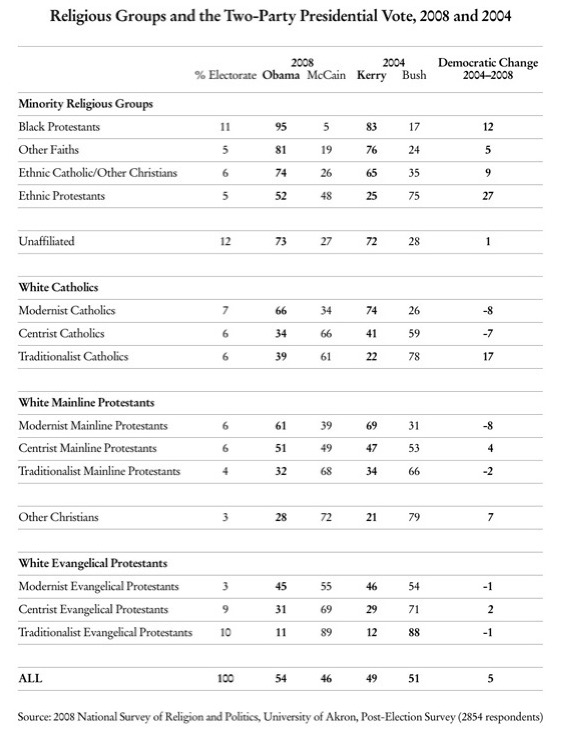Post Author: Bill Pratt
 Almost one year ago, I wrote a short blog post asking our readers to sign a document called the Manhattan Declaration. Why am I back again asking you to sign? Because we need more of you to participate.
Almost one year ago, I wrote a short blog post asking our readers to sign a document called the Manhattan Declaration. Why am I back again asking you to sign? Because we need more of you to participate.
So far, the declaration has gathered 476,000 signatures – impressive, but not enough. We should easily be able to get over 1 million signatures on this document – after all, if you are a Christian, or a person who believes in the sanctity of life, the sanctity of marriage, and the sanctity of religious liberty, then you should have no problem signing this document.
What does the declaration say about these issues? Well, you can read it for yourself in full, or you can read a few excerpts from it below.
First of all, why these three principles instead of a myriad other possibilities?
Because the sanctity of human life, the dignity of marriage as a union of husband and wife, and the freedom of conscience and religion are foundational principles of justice and the common good, we are compelled by our Christian faith to speak and act in their defense. In this declaration we affirm: 1) the profound, inherent, and equal dignity of every human being as a creature fashioned in the very image of God, possessing inherent rights of equal dignity and life; 2) marriage as a conjugal union of man and woman, ordained by God from the creation, and historically understood by believers and non-believers alike, to be the most basic institution in society and; 3) religious liberty, which is grounded in the character of God, the example of Christ, and the inherent freedom and dignity of human beings created in the divine image.
To repeat, these are foundational issues. Without life, without traditional marriage, and without religious liberty, our civilization crumbles.
About life, the declaration has this to say:
A truly prophetic Christian witness will insistently call on those who have been entrusted with temporal power to fulfill the first responsibility of government: to protect the weak and vulnerable against violent attack, and to do so with no favoritism, partiality, or discrimination. The Bible enjoins us to defend those who cannot defend themselves, to speak for those who cannot themselves speak. And so we defend and speak for the unborn, the disabled, and the dependent. What the Bible and the light of reason make clear, we must make clear. We must be willing to defend, even at risk and cost to ourselves and our institutions, the lives of our brothers and sisters at every stage of development and in every condition.
About marriage, the declaration has this to say:
And so it is out of love (not “animus”) and prudent concern for the common good (not “prejudice”), that we pledge to labor ceaselessly to preserve the legal definition of marriage as the union of one man and one woman and to rebuild the marriage culture. How could we, as Christians, do otherwise? The Bible teaches us that marriage is a central part of God’s creation covenant. Indeed, the union of husband and wife mirrors the bond between Christ and his church. And so just as Christ was willing, out of love, to give Himself up for the church in a complete sacrifice, we are willing, lovingly, to make whatever sacrifices are required of us for the sake of the inestimable treasure that is marriage.
About religious liberty, the declaration has this to say:
The struggle for religious liberty across the centuries has been long and arduous, but it is not a novel idea or recent development. The nature of religious liberty is grounded in the character of God Himself, the God who is most fully known in the life and work of Jesus Christ. Determined to follow Jesus faithfully in life and death, the early Christians appealed to the manner in which the Incarnation had taken place: “Did God send Christ, as some suppose, as a tyrant brandishing fear and terror? Not so, but in gentleness and meekness…, for compulsion is no attribute of God” (Epistle to Diognetus 7.3-4). Thus the right to religious freedom has its foundation in the example of Christ Himself and in the very dignity of the human person created in the image of God—a dignity, as our founders proclaimed, inherent in every human, and knowable by all in the exercise of right reason.
Will you join us in signing this declaration? Will you make your voice heard on these issues? Please make your way to the Manhattan Declaration website and become a signatory to this important document.


